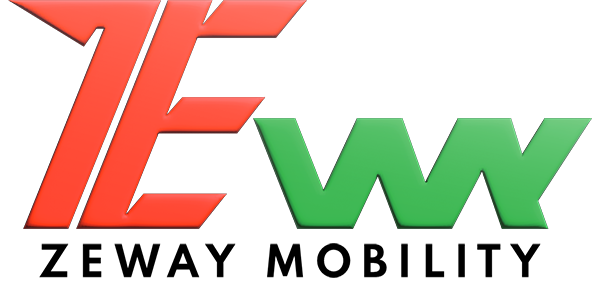Now that you have purchased your first EV or even started to rent it, the excitement of knowing its features is understandable. You have to focus on its charging (batteries), at home and in public places with chargers which are technically called EVSE. At home levels 1 and 2 are called the electrical gateway due to which the power comes to the vehicle. Now is the time to understand safety concerns related to it, so there is no scare of any explosions. There are ev charging stations in Delhi NCR, Jaipur, Dehradun and Bhubaneshwar run by a professional team.
ZEWAY Mobility is behind the professional team. The company also provides assistance to people wishing to install charging stations on private property. We also offer deals related to electric scooters on rent in Delhi and other cities where we operate safe charging operations.
This blog is designed to engage serious EV riders on important factors related to charging. We also focus on those who wish to collaborate with us to install charging stations in universities or schools for the benefit of other riders.

When drivers choose a public charging kiosk it is important to wait for your turn. If a vehicle is being charged and is left unattended, it is not advisable to unplug it. You may ask an available technician about availability for you.
Safety tips that matter
Considering that many EVs have been recalled by automobile manufacturers, to minimize risks check the two levels of charging.
They are:
- Standard 120 volt (Level 1)
- Outlet of 240 volts for fast charging (Level 2)
Follow all the guidelines given by the manufacturer during the charging. You may even ask our technicians for additional information.
- Your charging device should have a certification from a national authorized lab.
- Charge level 1 in the outlet, which is designed to fit the charger’s amperage. In this case avoid using the multiple adapter or any extension cord.
- Get a residual current device to turn off the power if any fault is detected. It will make sure a fire does not start or an explosion occurs.
- Children should not have access to any charging device for their own safety in case you Install Charging Stations in private property.
- All components need to be maintained as per operating manual of the manufacturer.
- When continuous charging is done, be alert to check for shock hazards. If you see any damage to the charger, please have it checked instead of plugging it.
- Water should not enter the infrastructure at any costs. During monsoons, ensure that the entire kit is dry.
In case, you decide to completely switch over to EVs for commuting, why not think of installing a station? You can also make money allowing others to use the kiosk.
ZEWAY Mobility offers all round guidance related to safety tips for charging and also installations of charging hubs. Let’s sit over a cup of coffee to explore all the options for your interest in this business and ownership.
